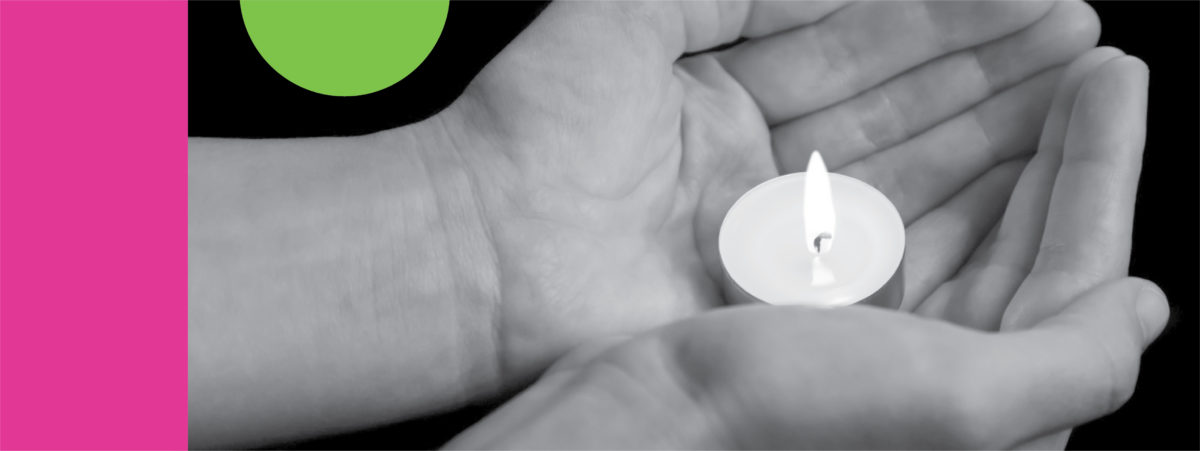
Counties: Alachua, Bradford, Citrus, Columbia, Dixie, Gilchrist, Hamilton, Hernando, Lafayette, Lake, Levy, Marion, Putnam, Sumter, Suwannee and Union counties are covered by FIMR through Central Healthy Start and Healthy Start of North Central. There are 21 FIMR regions throughout the state. Many of the state’s Healthy Start Coalitions have been contracted by the State of Florida to implement FIMR locally.
About: Infant mortality is a key indicator of the health of a community and its social and economic well‐being. Our region’s fetal and infant mortality rates are high (they are consistently higher than the State’s average rates) and show alarming racial and ethnic disparities. Black babies in our area are more than twice as likely to be born still as white babies and are more likely to die before their first birthday.
FIMR, or the Fetal and Infant Mortality Review, is a national, evidence-based model proven to reduce stillbirth and infant deaths. It is a community‐driven, action‐based process to review all the circumstances surrounding an infant or fetal loss and to find solutions to problems the family may have experienced accessing services.
How FIMR Works: FIMR members are made up of healthcare providers, county health departments, perinatal data experts, medical examiners, social service agencies, city council/county commissioners, hospital administrators, community advocates and others with a broad social, economic, cultural and environmental background. They participate in one of two workgroups: the Case Review Team or the Community Action Group.
The Case Review Team is the “information processing” group. This is the team that reviews and analyzes medical case extractions and family interviews to develop recommendations as to what services, systems and/or policies should be created or improved.
The Case Review Team (CRT) commits to:
- A one‐time virtual, self‐paced FIMR training
- A signed Confidentiality Agreement before attending the first meeting
- Confirmation on meeting invites to ensure participants receive the case meeting materials
- One, 2‐3-hour meeting once per month
- Time to review Case Summary Reports prior to monthly meeting (3‐4 cases)
The Community Action Group is the “champion for change” that has the political will and resources to develop and implement solutions based on the recommendations from the Case Review Team.
The Community Action Group (CAG) commits to:
- A one‐time virtual, self‐paced FIMR training
- One, 1‐2-hour meeting once per quarter
- Time and resources to implement an Action Plan created by the team
- CAG may respond to issues that are broad or politically complex and/or may change over time, so time and resources needed to implement change could vary
Join Us Be a part of FIMR and make meaningful changes to improve services, systems and resources for families, and reduce stillbirths and infant deaths. Contact Kelsey Lunsford, FIMR Coordinator, Healthy Start at 352-313-6500 x8062 or klunsford@wellflorida.org.
UPCOMING MEETINGS
Case Review Team (CRT) Meeting Dates:
July 2024
- Central Florida (including Marion County) –July 16, 12 – 2 p.m.
- North Central Florida – July 17, 12 – 2 p.m.
August 2024
- Central Florida (including Marion County) – August 20, 12 – 2 p.m.
- North Central Florida – August 21, 12 – 2 p.m.
September 2024
- Central Florida (including Marion County) – September 17, 12 – 2 p.m.
- North Central Florida – September 18, 12 – 2 p.m.
October 2024
- Central Florida (including Marion County) – October 15, 12 – 2 p.m.
- North Central Florida – October 16, 12 – 2 p.m.
November 2024
- Central Florida (including Marion County) – November 19, 12 – 2 p.m.
- North Central Florida – November 20, 12 – 2 p.m.
December 2024
- Central Florida (including Marion County) – December 17, 12 – 2 p.m.
- North Central Florida – December 18, 12 – 2 p.m.
Community Action Group (CAG) Meeting Dates:
September 2024
- Central and North Central Florida – September 24, 12 – 1 p.m.
December 2024
- Central and North Central Florida – December 3, 12 – 1 p.m.
